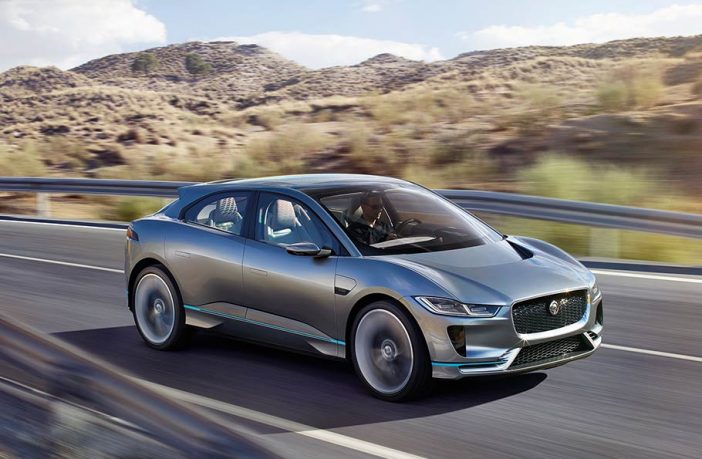- A voluntary recall notice has been issued for the Jaguar I-Pace, after the company found a potential fault that could affect the car’s regenerative braking system.
- During internal testing of the I-Pace, Jaguar discovered that a failure of the regenerative braking system could lead to affected cars falling foul of regulations.
Not meeting “the regulated standard for the time to transition brake force to the friction brake system” could increase the total stopping distance, and a software update will be required to fix the problem.
Jaguar says the update will be carried out free of charge, and that “every effort will be made to minimise inconvenience to the customer during the short time required for the work to be carried out”.
Jaguar will be recalling around 3,000 I-Pace vehicles due to a potential problem with its braking systems. According to a recall notice posted on the National Highway Traffic Safety Administration’s website, if the regenerative-braking systems on the affected I-Pace vehicles fail, there will be a delay between when the driver presses the brake pedal and when the vehicle begins to slow down.
Regenerative braking allows electric vehicles to recapture some of the energy lost when braking and use it to charge their batteries.
The recall is the first real setback for the I-Pace. Earlier this year the I-Pace was crowned World Car of the Year for 2019.
Author: Bryan Groenendaal











